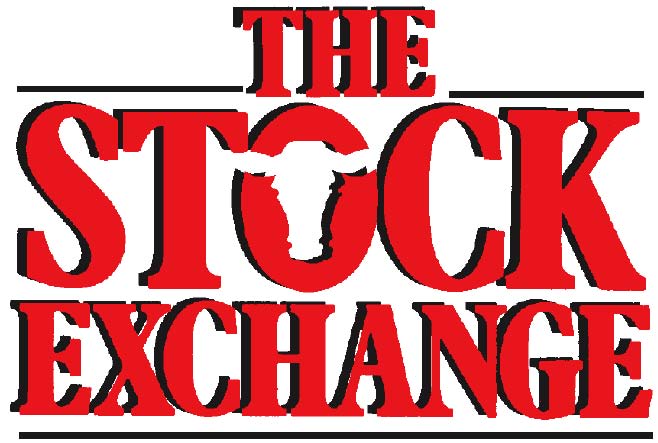USMCA Takes Effect: Welcome News for Struggling Farmers
The United States-Mexico-Canada Agreement (USMCA) goes into effect tomorrow, at a crucial time for farmers and ranchers struggling to recover from COVID-19 losses and a depressed agricultural economy. The expected $2 billion annual increase in U.S. agricultural exports and overall increase of $65 billion in gross domestic product will provide a welcome boost. USDA estimates COVID-19 contributed to a $50 billion decline in commodity value alone for 2019, 2020 and 2021 production totals.…
